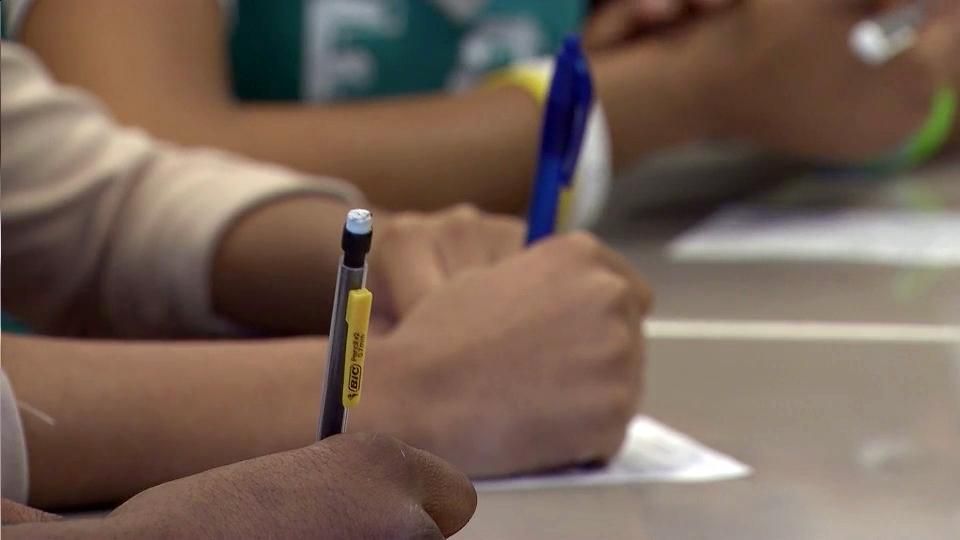State testing change could mean more students passing

The State Board of Education voted this week to approve standards that will lower the scores needed to pass end-of-grade and end-of-course exams.
In an 8-4 vote, the board expanded the number of achievement levels from four to five for this year’s standardized exams. The change will allow school leaders to get a better sense of a student’s level of achievement, said Superintendent of Public Instruction June Atkinson.
“Most of the superintendents believe that this would allow them to have greater precision and allow them to differentiate instruction,” she said at the state board meeting.
Atkinson noted that the change will allow some flexibility for borderline students who may have failed to meet grade-level requirements by a question or two in past years.
Before the change, results on state exams were divided into four achievement levels, with Level 1 and 2 considered not proficient and Levels 3 and 4 considered passing. With the new fifth level, a Level 3 will become the equivalent of a high Level 2 on last year’s exams.
Level 3 now means a student has “sufficient command” of the material, “but are not yet on track for college and career readiness without additional academic support.”
Read To Achieve
The change, which will begin this school year, is particularly significant to third-grade students. Under the state’s new Read-To-Achieve law, third-grade students who do not pass the end-of-grade reading exam risk attending summer reading camps and not being promoted.
If the proposed new scores had been used last year, the passing rate on the state’s third-grade reading test would have jumped by 11.6 percent, according to Tammy Howard, director of accountability operations for the state Department of Public Instruction.
Becky Taylor, a board member, said she feels torn about the new fifth level and wanted to make sure that schools don’t “leave behind that 10 or 11 percent of students that potentially could use additional intervention.”
Atkinson said those students will still get the help they need, noting the ways in which schools and teachers can offer individualized help in the classroom with real-time assessments.
Public school students take end-of-grade tests in grades 3-8 for reading, math, language arts and science. There are also end-of-course classes for high-school level biology, math and English.
This report first appeared on WUNC/North Carolina Public Radio as part of their <a href="external_link-1">education coverage</a>.
Reema Khrais is the 2014 Fletcher Fellow focused on Education Policy Reporting. The Fletcher Fellowship is a partnership between WUNC
and UNC’s School of Journalism and Mass Communication funded in part by the Fletcher Foundation.









